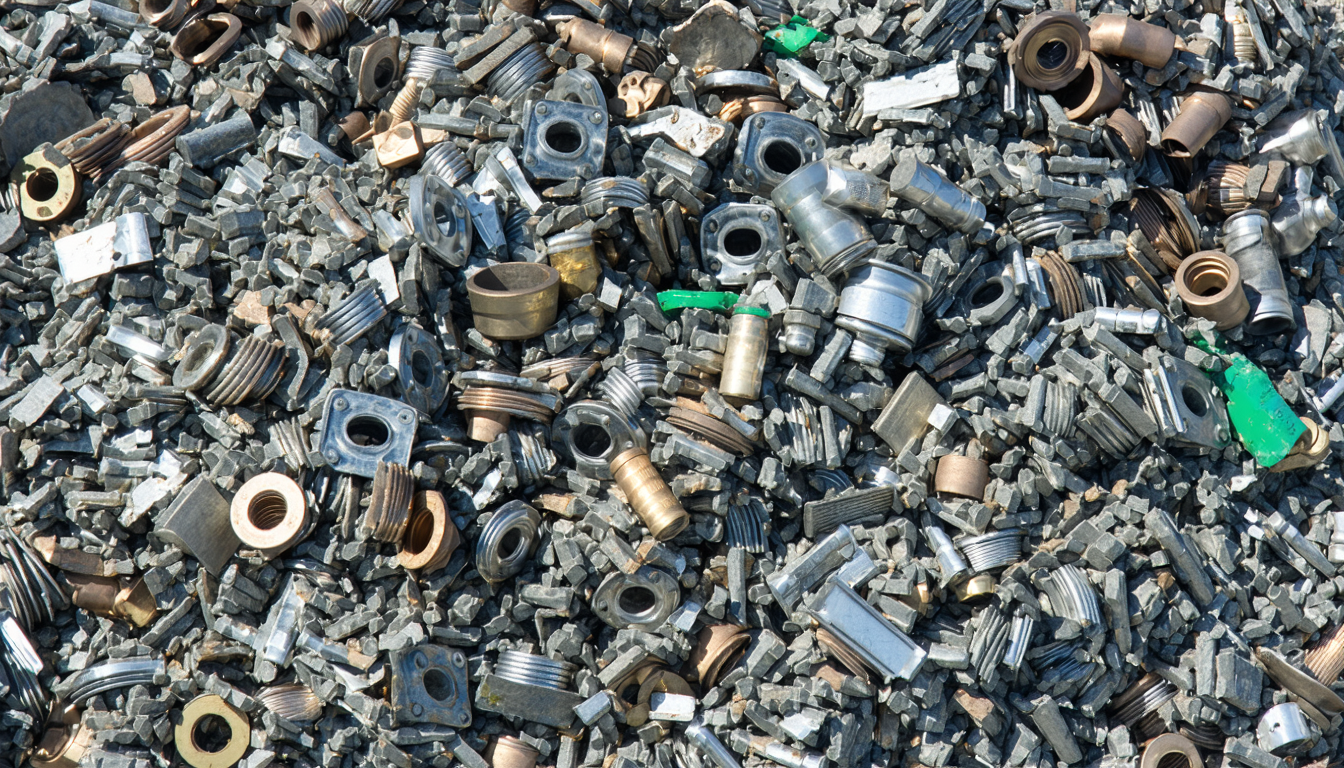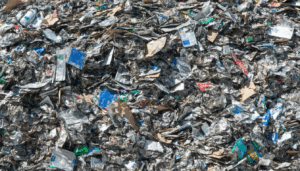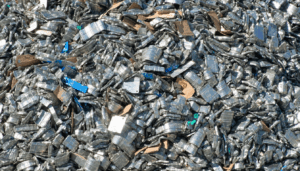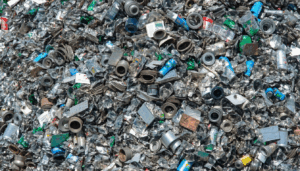Introduction
In the ever-evolving landscape of sustainable practices, Northern Metal Recycling has emerged as a pivotal player in the United States’ scrap metal industry. This Minnesota-based company, known for its extensive operations, has recently made headlines due to environmental concerns, legal battles, and innovative recycling initiatives. As the demand for eco-friendly waste management grows, the company’s actions are under scrutiny. This article delves into the latest updates surrounding Northern Metal Recycling, exploring its impact on communities, regulatory challenges, and its role in shaping the future of metal recycling across the nation.
Northern Metal Recycling: A Snapshot of Recent Events
Northern Metal Recycling, headquartered in Minneapolis, has been a significant contributor to the U.S. scrap metal market for decades. The company operates multiple facilities, processing thousands of tons of ferrous and non-ferrous metals annually. However, its operations have faced intense criticism in recent years due to environmental violations. In 2023, the Minnesota Pollution Control Agency (MPCA) reported that the company’s shredding facility in Becker emitted pollutants exceeding state limits, prompting a temporary shutdown.
The facility’s closure followed years of complaints from local residents about air quality and noise pollution. Legal actions have since escalated, with fines totaling over $2.5 million imposed on the company since 2018 for non-compliance with environmental standards. These events have sparked debates about balancing industrial growth with community well-being.
Environmental Impact and Community Concerns
The environmental footprint of Northern Metal Recycling has become a focal point for stakeholders. The Becker facility, which processes automotive scrap and other metals, was found to release harmful particulate matter into the air, posing health risks to nearby residents. According to the MPCA’s 2023 report, emissions included elevated levels of lead and other toxins, violating federal air quality guidelines.
Local advocacy groups have voiced frustration over the slow response to these issues. “The health of our families should not be compromised for profit,” said Sarah Thompson, a community organizer in Becker. Residents have reported respiratory issues and other health concerns, pushing for stricter oversight of industrial operations like those of Northern Metal Recycling.
Regulatory Challenges and Legal Battles
Northern Metal Recycling’s journey through regulatory hurdles offers insight into the broader challenges faced by the recycling industry. After the 2023 shutdown, the company agreed to relocate its shredding operations to a new site under stricter conditions set by the MPCA. This move, estimated to cost over $10 million, aims to reduce environmental impact but has delayed operations significantly.
Legal experts suggest that such cases highlight the need for updated policies. “Regulations must evolve to address modern industrial practices while protecting public health,” noted Dr. Emily Carter, an environmental law professor at the University of Minnesota. The ongoing lawsuits against Northern Metal Recycling could set precedents for how similar companies operate nationwide.
Innovations and Future Outlook
Despite challenges, Northern Metal Recycling is investing in technology to improve sustainability. The company announced plans in early 2024 to adopt advanced filtration systems to curb emissions at its new facility. Additionally, partnerships with local governments aim to enhance recycling programs, targeting a 20% increase in metal recovery rates by 2026.
These efforts reflect a broader industry trend toward greener practices. As the U.S. pushes for circular economy models, companies like Northern Metal Recycling could play a crucial role if they address past missteps. Industry analysts predict that successful adaptation to stricter regulations could position the company as a leader in sustainable metal processing.
Significance and Potential Implications
The saga of Northern Metal Recycling underscores critical tensions between industrial operations and environmental stewardship. Its struggles highlight the urgent need for robust policies that protect communities while supporting economic growth. If unresolved, these issues could deter investment in the recycling sector, slowing progress toward national sustainability goals.
On the flip side, the company’s commitment to innovation offers hope. A balance between compliance and advancement could inspire other firms to prioritize eco-friendly practices. The outcome of Northern Metal Recycling’s legal and operational challenges may shape how the U.S. recycling industry evolves over the next decade.
Conclusion
Northern Metal Recycling stands at a crossroads in the U.S. scrap metal industry. Facing environmental violations and community backlash, it grapples with significant regulatory and operational hurdles. Yet, with investments in technology and relocation plans, there is potential for redemption and leadership in sustainable practices. As this story unfolds, it serves as a reminder of the delicate balance between industrial progress and public welfare—a balance that will define the future of recycling in America.
Frequently Asked Questions (FAQ)
- What is Northern Metal Recycling?
Northern Metal Recycling is a Minneapolis-based company specializing in processing ferrous and non-ferrous metals across multiple facilities in the United States. - Why was their Becker facility shut down?
The facility was temporarily closed in 2023 due to excessive pollutant emissions violating state air quality standards, as reported by the Minnesota Pollution Control Agency. - What steps is the company taking to address concerns?
The company is relocating its shredding operations, investing in advanced filtration systems, and partnering with local governments to improve sustainability. - How does this impact the U.S. recycling industry?
The case highlights broader challenges in balancing industrial growth with environmental protection, potentially influencing future regulations and practices nationwide.





